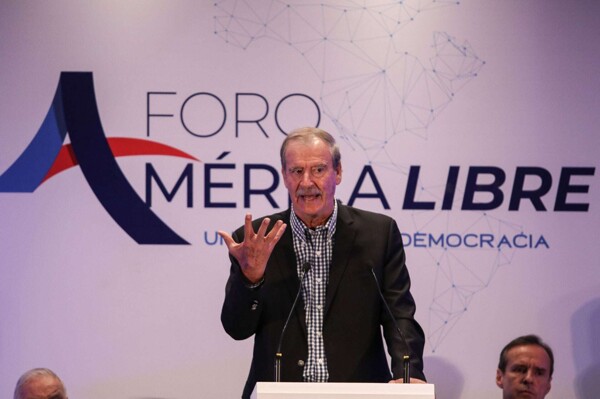
The Court orders the reform of the Infonavit Law after the legal battle ends, while the EU, India, Japan, and Mexico face new tariffs imposed by Trump.
The newspaper La Jornada reports that the Supreme Court of Mexico has ruled for district judges to revoke judicial suspensions, thus granting validity to the reform. On the other hand, in information shared with the Mexican government, the European Union recognizes the conducting of reconnaissance flights to gather data on cartels by the United States, although the Head of Government of Mexico City, Claudia Sheinbaum, asserts that these flights do not concern her administration.
Meanwhile, Milenio highlights that the opposition in the Court has given in and paved the way for the judicial election, with favorable votes from ministers of different factions urging the withdrawal of amparos within 24 hours. Excélsior points out that, although the Electoral Tribunal of the Judiciary of the Federation cannot invalidate the amparos, the suspensions against the process for selecting judges did not apply as it was an electoral issue.
El Financiero reports on the imposition of reciprocal tariffs by Trump on the European Union, India, Japan, and Mexico. Meanwhile, El Economista highlights that the Senate has approved the reform to the Infonavit Law without modifications, which will allow the use of workers' funds for construction.
Finally, Reforma reveals the payment of 2.23 billion pesos in favor of the company constructing the gas pipeline in Dos Bocas, allocating these sums to close associates of Nahle.














